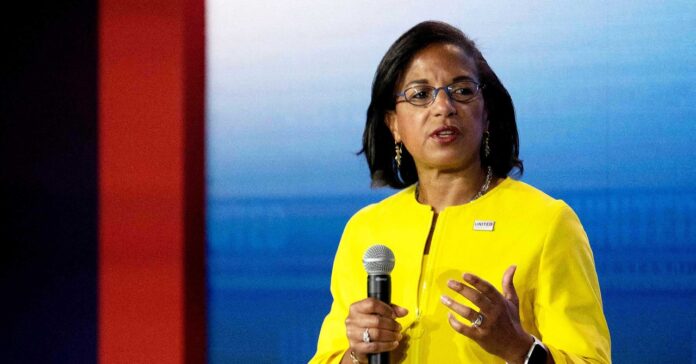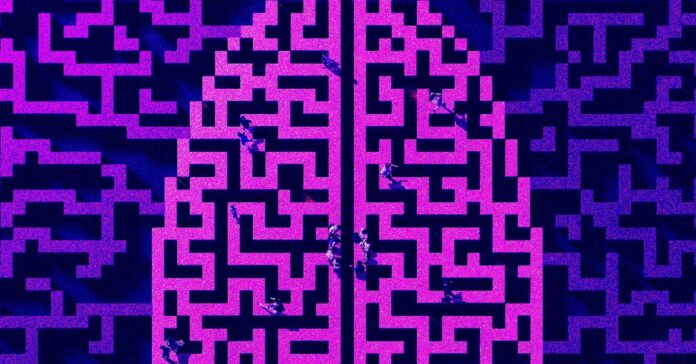In Short:
AI tools are being increasingly used in recruitment processes, particularly in asynchronous video interviews where candidates record responses to questions. While some recruiters are cautious of biases in AI, others believe it can reduce human bias. However, concerns remain about the impact on candidates and potential perpetuation of past biases. Despite this, AI tools currently do not have the final say in hiring decisions but can greatly influence who gets face time with human recruiters.
Asynchronous Video Interviews Becoming Common Amidst Layoffs
Asynchronous video interviews have become more common, with companies turning to prerecorded responses in automated systems to handle screening interviews. This task has become more onerous after a series of layoffs in the past two years have whittled down the number of positions available. Recruiters who post open roles on sites like LinkedIn can receive hundreds or thousands of applicants. Generative AI tools have made it easier for job seekers to bulk apply, creating more applications for recruiters and hiring managers to review—some with little relevance to the role. While AI is becoming more common on the hiring side, some recruiters are wary of the biases it may have, and have steered clear of employing the tools in their decisions.
AI’s Role in Screening Interviews
There is still bias with AI tools, but the goal is to make it much less biased than humans. The AI system categorizes candidates into groups like inexperienced, mid-level, and senior, leaving the final decision to the hiring manager or recruiter. They can also listen to audio recordings of the responses to interpret them better.
Challenges in AI and Asynchronous Interviews
There are still many unknowns about the impact of AI and asynchronous interviews, including how candidates are affected. The lack of human cues in interactions with AI interviewers can make the process awkward. The built-in biases of AI also pose a challenge for candidates trying to showcase their best selves.
Balancing Human Bias and Systematic Bias
While humans are biased, there are techniques to overcome this bias. However, algorithm-driven bias may be very systematic, with concerns about AI tools repeating past biased hiring practices by being trained on profiles of successful past employees.
The Impact of AI on Hiring Decisions
AI tools may not have the final say in hiring decisions yet, but they play a significant role in determining which applicants get face time with a real human. This influence can shape the future workforce significantly.
The Future of Job Interviews
In the future, job seekers may use AI-driven avatars to interview for jobs with AI interviewers, streamlining the initial job search process. This could lead to better matches between job seekers and companies, allowing them to focus their time on meaningful interactions during Zoom or in-person interviews.





